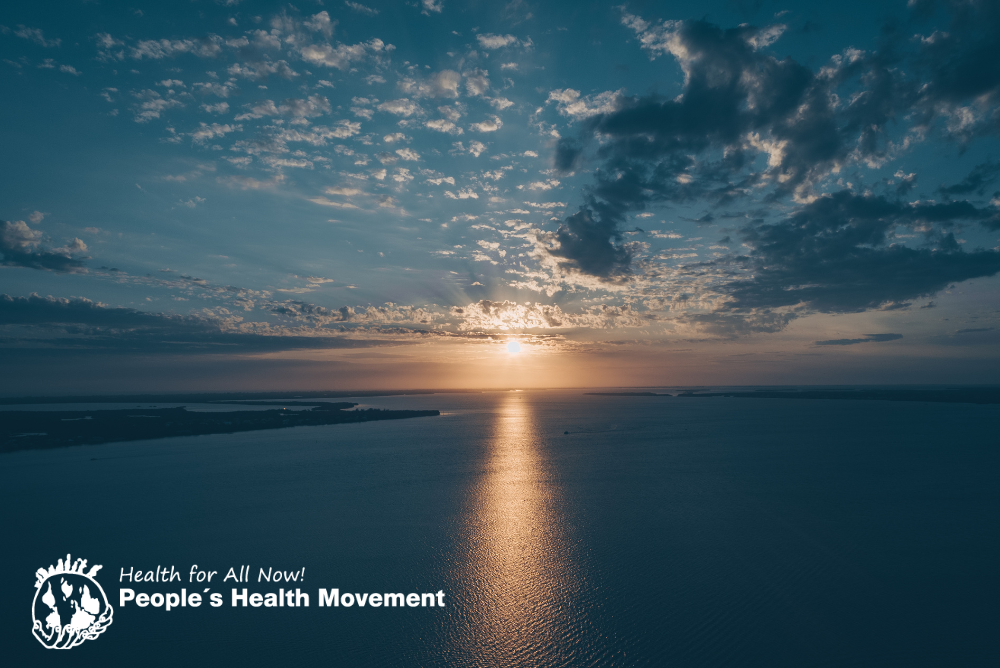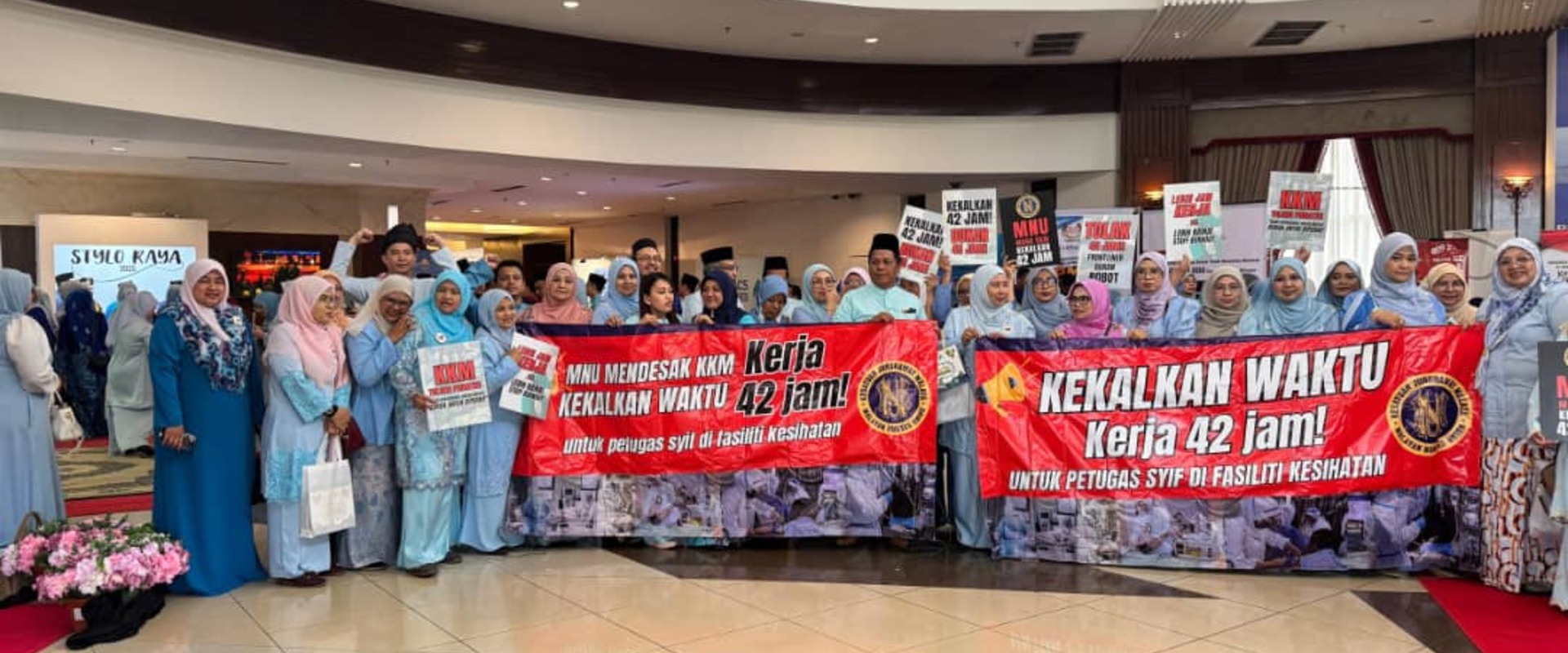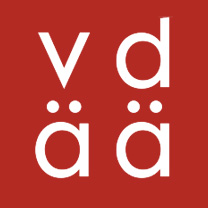Bulletin #105: Genocide, sanctions, and war are tearing the right to health apart

This fortnight
The number of people starving to death in the Gaza Strip continues to rise daily. As health workers and activists around the world escalate efforts to stop the genocide, Israel intensifies its attacks, forcing Palestinians into an impossible choice: to be bombed, to starve, or to be killed while waiting in line for aid.
Unilateral economic sanctions, imposed primarily by the United States and other Western countries, have long undermined the right to health worldwide. A recent Lancet report reveals that these sanctions are responsible for more than 500,000 deaths annually – over five times the number of people killed in direct armed conflicts.
In recent years, the international health community has pushed forward an agenda centered on Universal Health Coverage (UHC). But activists from the People’s Health Movement warn that UHC has served to advance healthcare privatization rather than build strong, equitable public systems.
Meanwhile, in India, access-to-medicines advocates are raising alarms about the new trade agreement with the United Kingdom, warning it could roll back existing protections for generic drug production and compulsory licensing.
In South Korea, health workers embarked on industrial action, demanding that the government invest in public healthcare and adopt policies that support the health workforce.
The next issue of People’s Health Dispatch will be published in the last week of August.
Featured articles
Being bombed, starved to death, or killed while seeking food: Israel’s options for Palestinians in Gaza
The death toll of Palestinians killed by Israel in Gaza since October 7, 2023, exceeded 59,100, including over 100 starved to death, and more than 1000 assassinated at aid distribution centers.
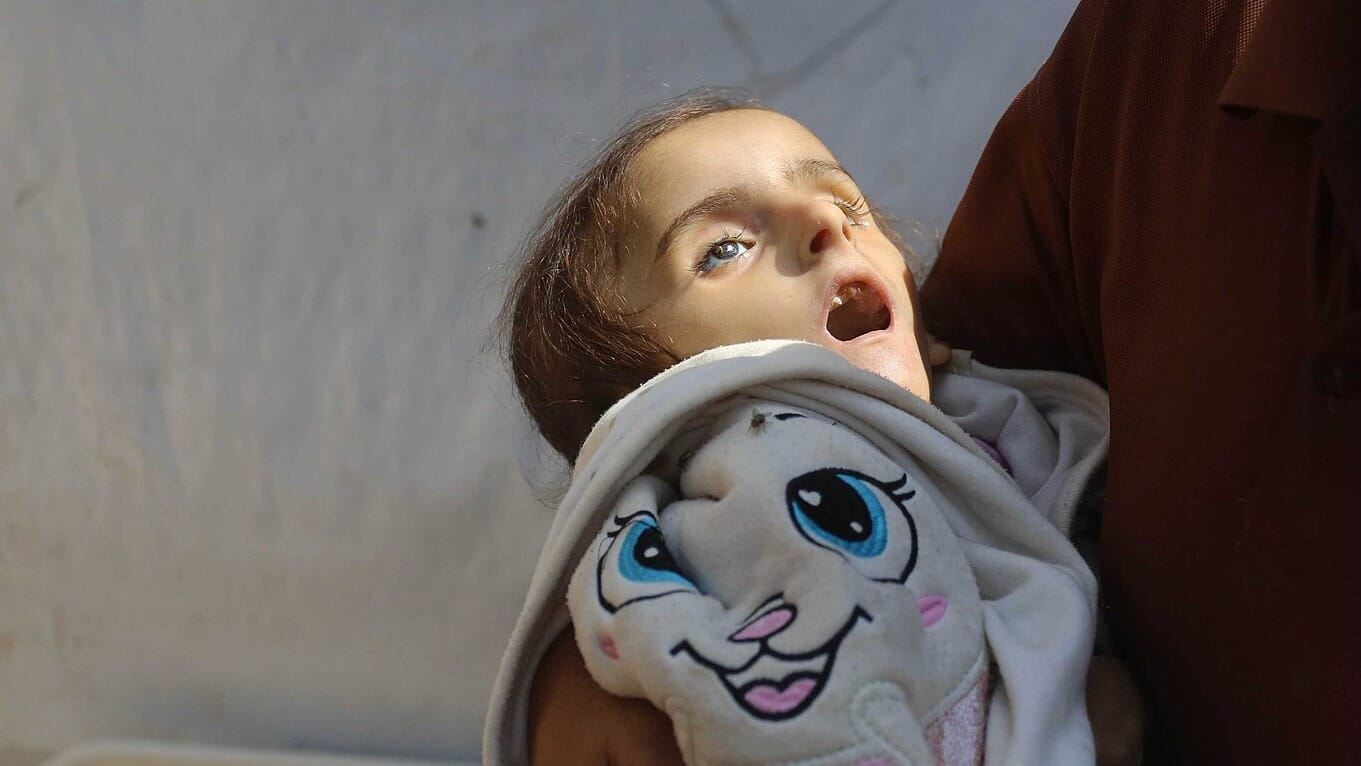
Every year, sanctions kill more people than wars
Between 2010 and 2021, unilateral sanctions caused over 500,000 deaths annually, surpassing yearly global deaths from armed conflict.
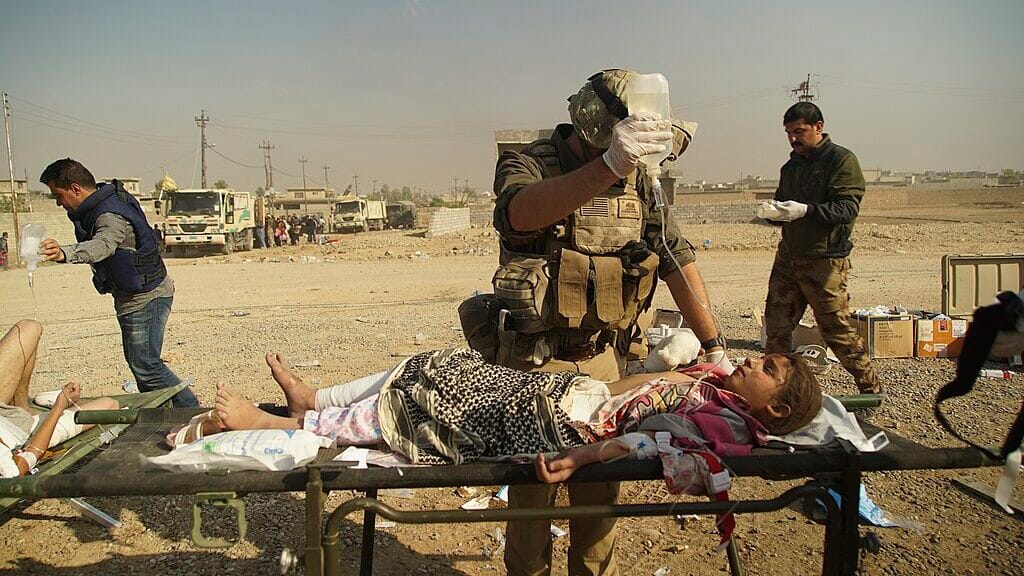
Universal Health Coverage at a crossroads: reclaiming the right to health from market logic
Universal Health Coverage dominates global health policy, yet millions remain excluded as governments fail to address issues of power and justice in health.
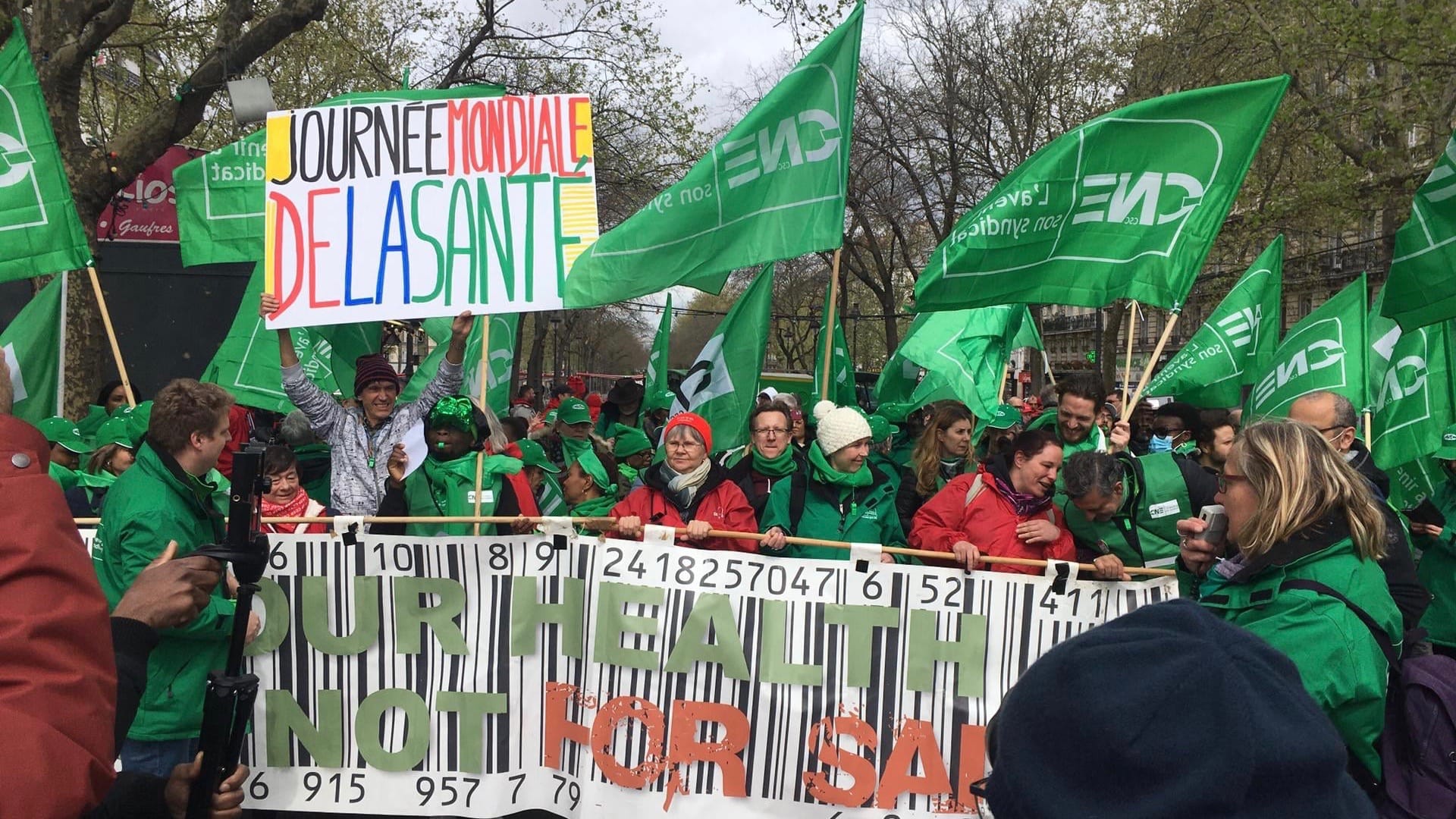
India-UK trade deal threatens access to medicines, activists warn
Activists warn the new India-UK free trade agreement endangers access to medicines by undermining existing protections.
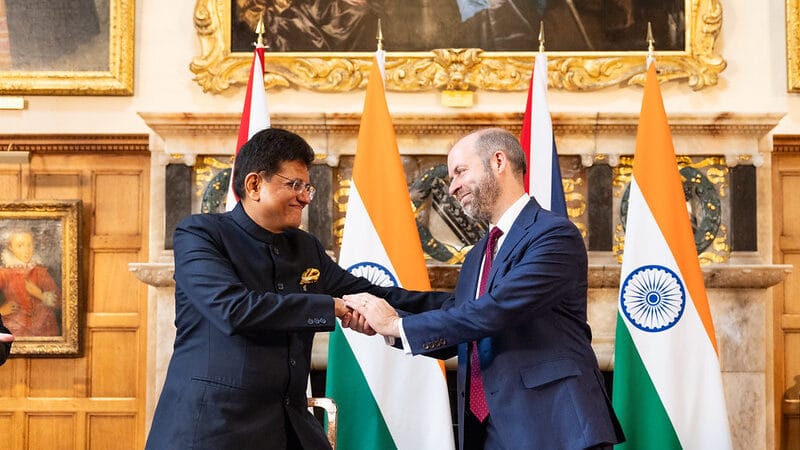
South Korea health workers demand sustainable staffing policies
Health workers across South Korea demand sustainable staffing, fair workloads, and action on past government promises left unfulfilled.
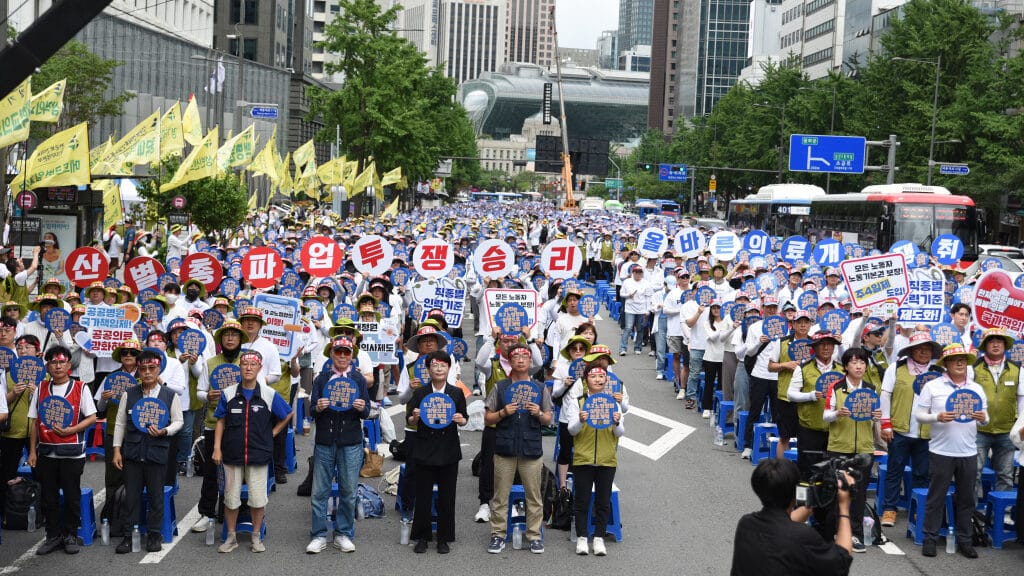
In case you missed it
